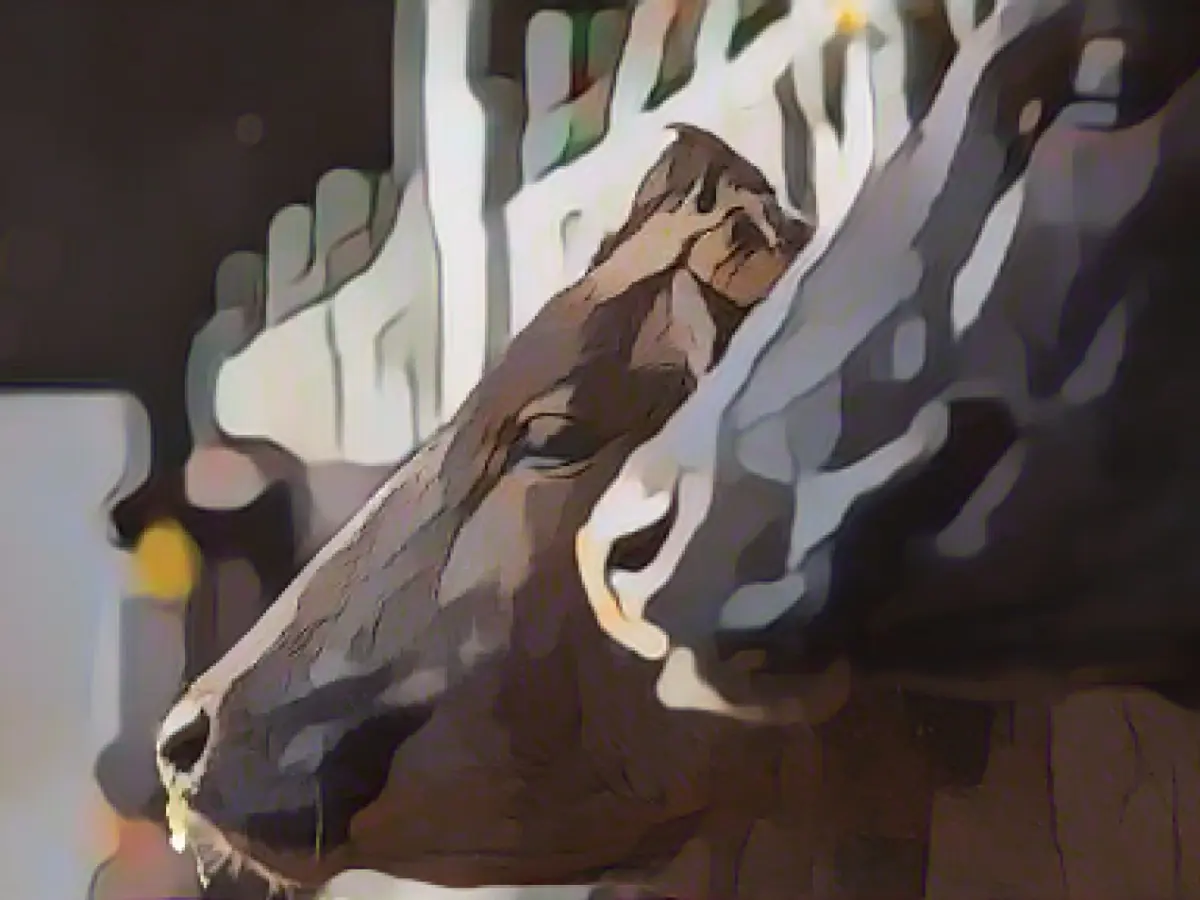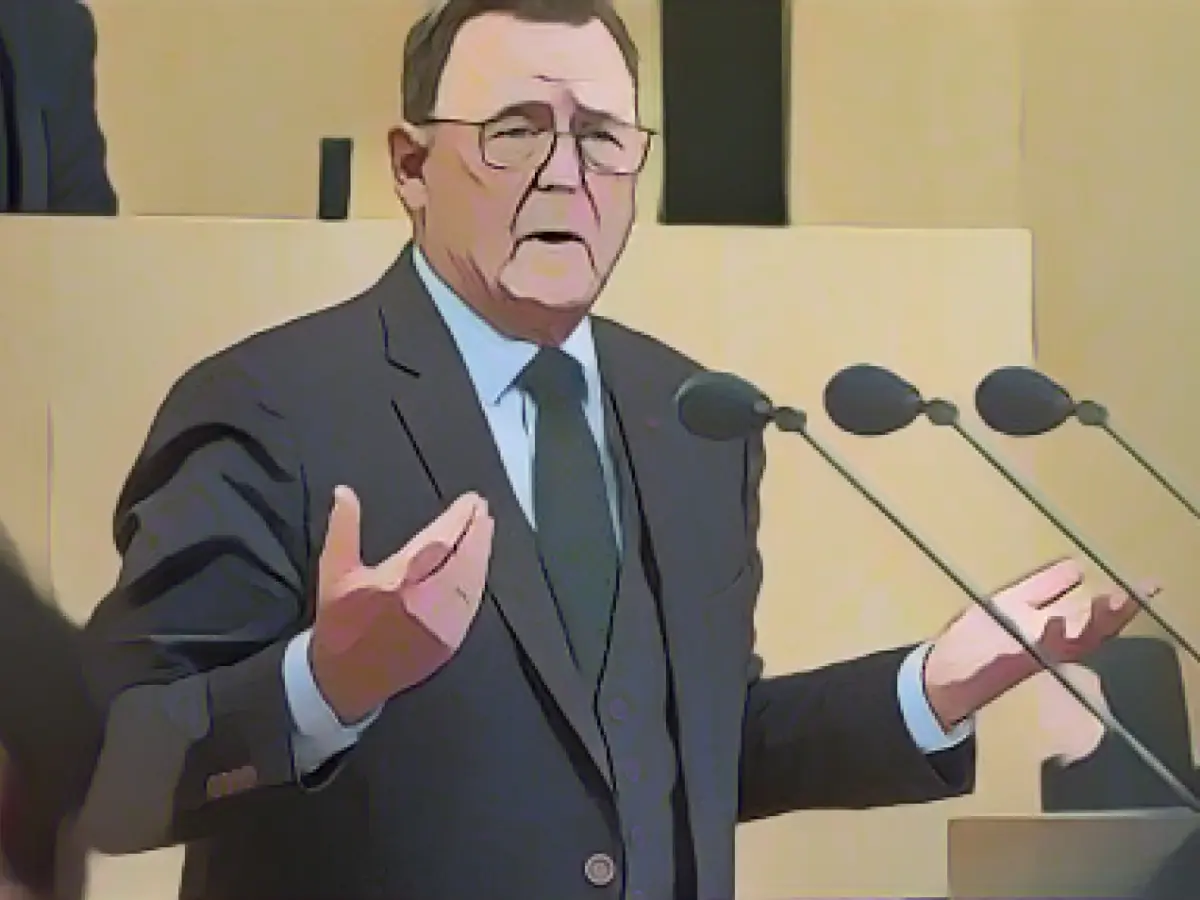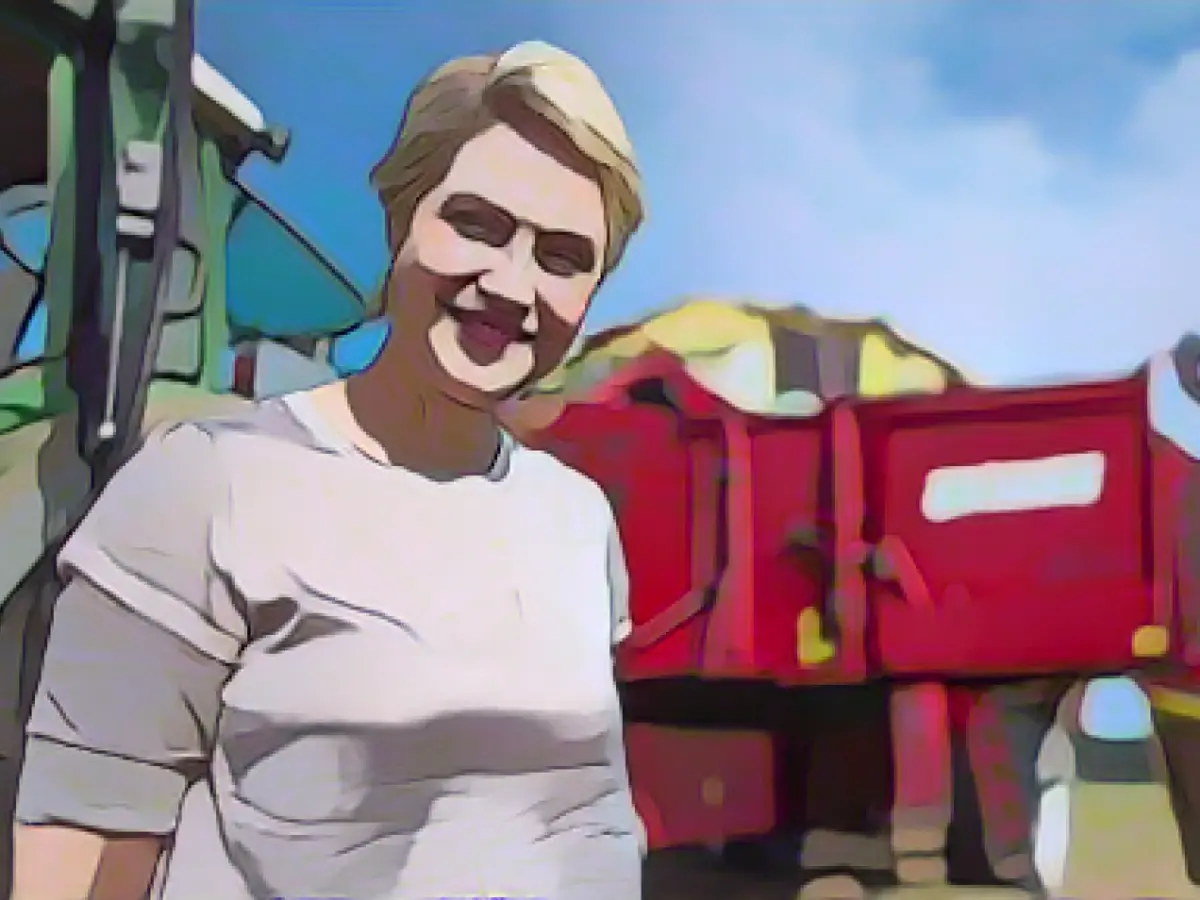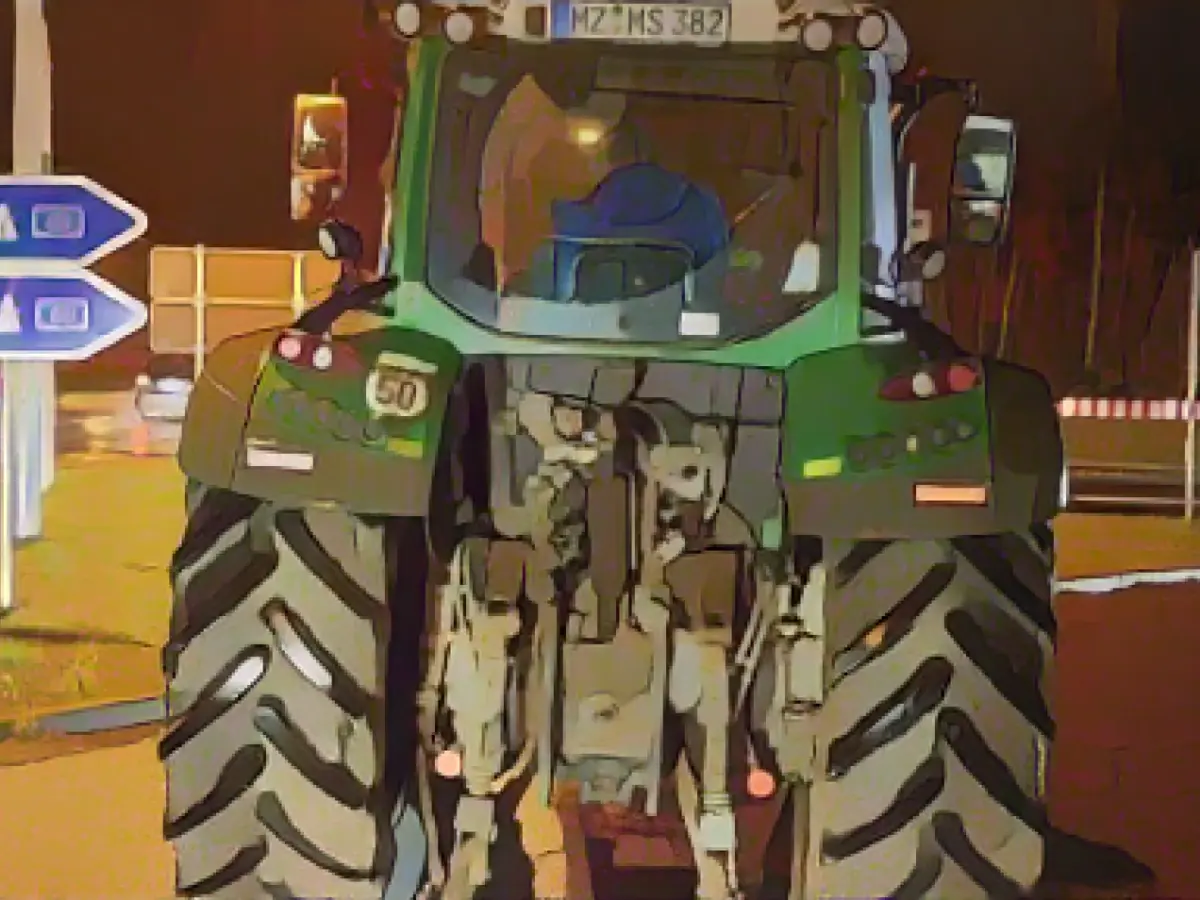Bavaria Stands Firm Against Strict Cattle Farming Rules
Bavaria is taking a firm stance against potential stricter rules for cattle farming, aiming to block the federal government's planned ban on tethering through a Bundesrat initiative. The Bavarian State Chancellery Leader, Florian Herrmann (CSU), voiced serious concerns after a cabinet meeting, stating that the current draft of the Animal Welfare Act poses a significant threat to Bavarian dairy farming, particularly medium-sized and smaller farms.
The draft bill maintains a five-year transition period before the tethering ban comes into effect. Controversial amongst animal welfare activists, tethering involves keeping animals tied up in barns year-round. Herrmann criticizes the draft, claiming it contradicts the coalition government's plans from the coalition agreement by five years. He argues that the ban in ten years was previously mentioned in the agreement, implying the proposal could jeopardize many farms in Bavaria relying on tethering for economic support.
Herrmann highlights the economic significance of tethering as an "economic backbone" for farmers. In this context, a ban within five years could lead to a structural breakdown rather than a change, causing concern within Bavaria. He perceives the federal government's actions as attempting to implement an "ideological project" at the expense of farmers' livelihoods, advocating for a change driven by support approaches, rather than restrictive measures.
The coalition agreement between the SPD, Greens, and FDP includes initiatives to enhance animal welfare regulations. These amendments consist of closing loopholes in the Livestock Farming Ordinance, stricter video recording requirements in slaughterhouses, changes to interventions such as piglet tail shortening, and a ban on the slaughter of heavily pregnant sheep and goats.
Tethering remains prevalent alongside loose housing, with over 35% of German dairy farms still utilizing the controversial practice – around 17,300 farms nationwide. Several of these farms might struggle to comply with new requirements due to settlement developments or infrastructure constraints.
Additionally:
- Bavaria's stance has sparked criticism of the federal government for potentially delaying their own animal welfare plans by five years.
- The Federal Council is due to discuss the Bavarian Bundesrat initiative, which aims to prevent the ban on tethering in cattle farming.
- Herrmann, a prominent CSU member and State Chancellery Leader in Bavaria, draws attention to the threat posed by the federal government's proposed animal welfare bill to medium-sized and smaller farms in Bavaria.
- The CSU is a significant political entity within the German Federal Council, and its initiative could potentially interfere with the federal government's stricter rules for animal welfare in Bavaria.
- Despite not encompassing specific details on the proposed tethering ban, sources highlight the significance of animal welfare within political platforms and agricultural policies across Germany and Bavaria.
Sources:
Enrichment Data:
While the controversy surrounding the proposed ban on tethering in cattle farming is not explicitly mentioned in the provided sources, they offer insights into the political agendas and priorities related to animal welfare within Germany and Bavaria.
Relevant points:
- Animal Welfare Labeling: Both the CDU and CSU advocate for mandatory animal welfare labeling and combating animal cruelty, potentially influencing policies centering around tethering practices in cattle farming[2].
- Animal Welfare in General: The CSU's platform highlights modernizing labor laws and supporting large industries while upholding German job security, which may include animal welfare considerations in the agricultural sector[2].
- Environmental and Energy Policies: The Greens' platform emphasizes sustainable farming practices and promoting low-emission heating methods, which might intertwine with animal welfare debates and farming practices[2].








